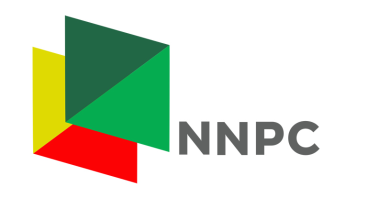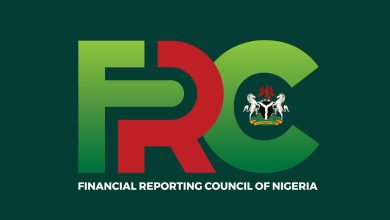Tinubu Approves Decentralized PPP Policy, Empowers ICRC to Fast-Track Projects Below ₦20 Billion
President Tinubu has approved a new policy letting ICRC clear PPP projects below ₦20 billion.
The move aims to cut red tape and fast-track infrastructure across key public sectors.
President Bola Tinubu has approved a major policy shift that empowers the Infrastructure Concession Regulatory Commission (ICRC) to independently approve Public-Private Partnership (PPP) projects valued below ₦20 billion, eliminating the need for Federal Executive Council (FEC) clearance in such cases.
Announced on Sunday by the ICRC Acting Head of Media, Ifeanyi Nwoko, the new directive is aimed at expediting infrastructure delivery and attracting wider private sector participation, particularly in small- to mid-scale projects across key sectors.
Under the revised framework, ministries can now approve PPP projects up to ₦20 billion, while agencies and parastatals are authorized to approve projects below ₦10 billion. Each project must still undergo evaluation and certification by the ICRC to ensure compliance with regulatory standards, even if no FEC approval is required.
According to the ICRC Director-General, Dr. Jobson Ewalefoh, the policy introduces Project Approval Boards (PABs) at the ministry and agency levels. These boards will oversee and vet eligible PPP initiatives under new ICRC guidelines.
“The President has empowered the ICRC to implement a more efficient PPP project delivery process that eliminates bottlenecks and bureaucratic delays,” Ewalefoh said.
To maintain fiscal discipline, the new policy stipulates that all approved PPP projects must be fully financed by the private sector, without financial guarantees or obligations from the federal treasury.
Projects exceeding the ₦20 billion threshold or involving multiple ministries will still require FEC approval, ensuring due oversight on large-scale or inter-ministerial infrastructure investments.
Ewalefoh described the decentralized PPP approval framework as a “game-changer” for sectors like health, education, agriculture, and housing. It is expected to catalyse the development of projects such as rural diagnostic centers, school blocks, student hostels, and low-cost housing units.
“This policy supports transformative infrastructure that directly impacts lives but often gets delayed due to procedural red tape,” he said.
By fast-tracking these investments, the Tinubu administration hopes to reduce infrastructure gaps, create jobs, and stimulate economic activity, especially in underserved areas.
The move is part of President Tinubu’s broader public procurement and infrastructure reform agenda, under the Renewed Hope framework. It aligns with efforts to decentralize decision-making, improve transparency, and create a more responsive investment environment.
The ICRC will coordinate with critical agencies, including the Bureau of Public Procurement (BPP), the Ministry of Finance Incorporated (MOFI), and the Bureau of Public Enterprises (BPE) to ensure seamless implementation and accountability.
Ewalefoh encouraged Ministries, Departments, and Agencies (MDAs) to begin leveraging the new thresholds and forthcoming guidelines to unlock new infrastructure opportunities without unnecessary delays.



